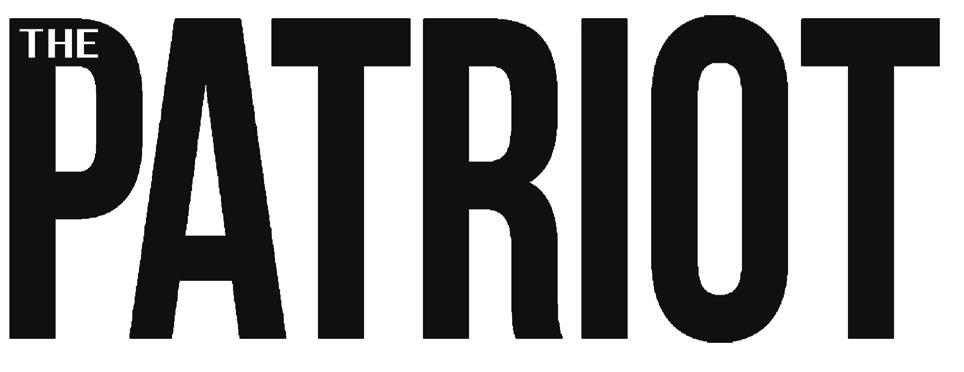
1 minute read
Fight, Flight, or Freeze?
The Autonomic Nervous System
BY ALYSSA KING Staff Writer
Advertisement
Fight, flight, or freeze? Which reaction does the human body resort to in a crisis? The part of the body that controls this response is called the Autonomic Nervous System (ANS). The Autonomic Nervous System has two main features: the Parasympathetic Nervous System (PSNS) and the Sympathetic Nervous System (SNS). A distress signal usually activates the SNS, but the SNS can also trigger in instances of chronic pain. Once the SNS receives the signal, it transfers to the adrenal glands, which pump epinephrine (adrenaline) into the bloodstream. This hormone creates several physiological changes in the body, all in a split second. In a perfect world, the “fight or flight” response deactivates relatively quickly when the perceived danger is absent, but sometimes the nervous system can be stuck on the gas pedal. The Parasympathetic Nervous System is the opposite of the Sympathetic Nervous System; it can slow things down and cancel out distress signals.
According to Sara Williams, a pain psychologist at Cincinnati Children’s Hospital, the nervous system “can either go too fast, so our body can get stuck in fight or flight response, or it can kind of shut down on us and get stuck in rest and digest response. Both of those situations can bring about a lot of health challenges, and they can bring emotional challenges because our health and our emotions are both impacted.” Dr. Williams clarifies that emotional stress can directly affect the Autonomic Nervous System by sending signals of danger or perceived danger. A danger signal can cause an increase in heart rate, blood pressure, and alertness. In most cases, this is not a problem and might be found very helpful, but in stressful instances such as a college setting, it can cause more problems than solutions.
College students can implement exercise (specifically cardio workouts), healthy food habits, consistent sleep patterns, and hydration to balance the nervous system. These are some preventative methods, but when there is a need to calm down quickly, it helps to practice breathing techniques and coping strategies such as distraction and relaxation. No need to free the schedule for these habits; doing little things at a time helps tremendously! Taking snacks and bottled water to class can help one have a healthier nervous system. A healthy Autonomic Nervous System can result in fewer chronic pain signals, less burnout, healthy emotional regulation, and lessened anxiety.
Dr. Williams concludes her discussion by saying, “[s]tress is part of life, right? It is normal to feel stressed. You’re not doing it wrong if you get your Autonomic Nervous System activated. So, don’t ever beat yourself up for having stress. Just have some good strategies to manage it when it shows up.” So, go for a walk instead of a drive, drink more water, and get much-needed vitamin D.





